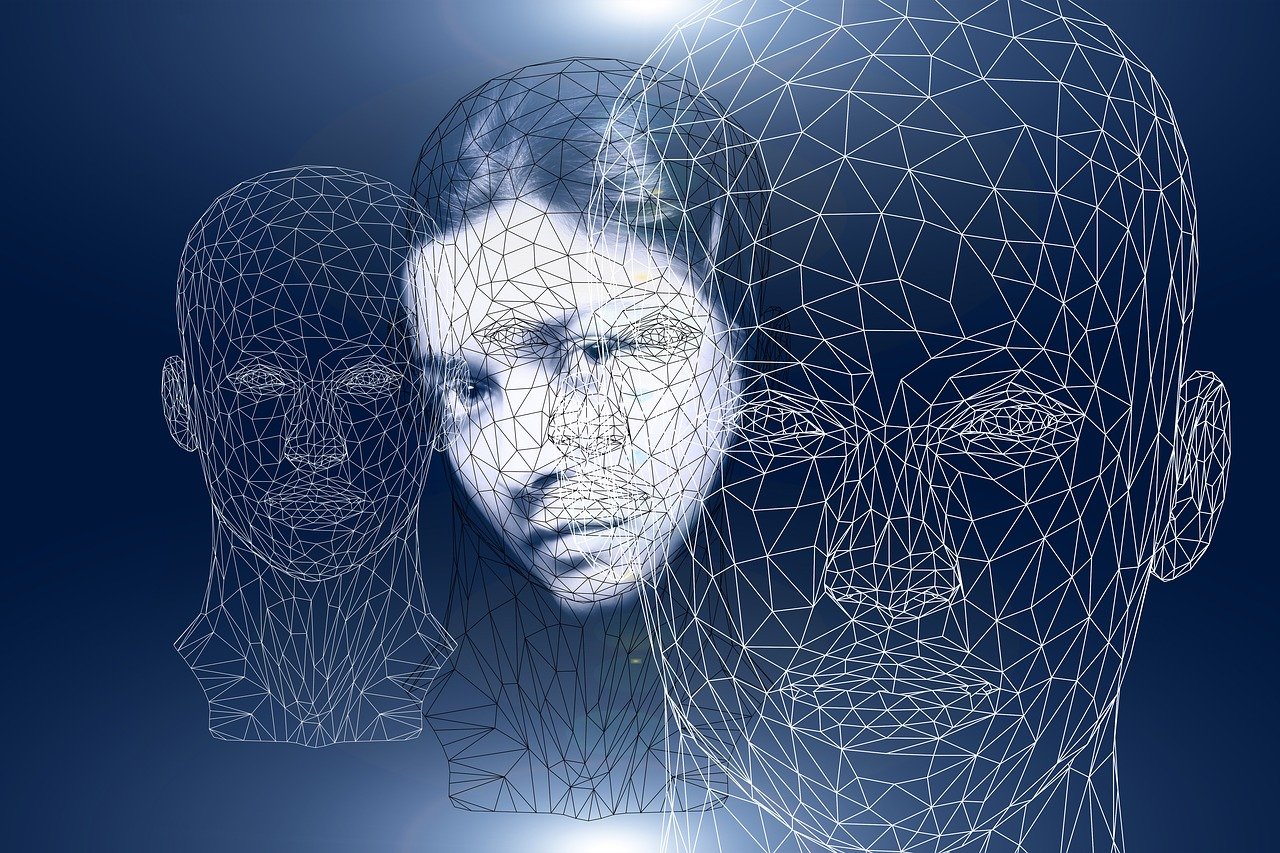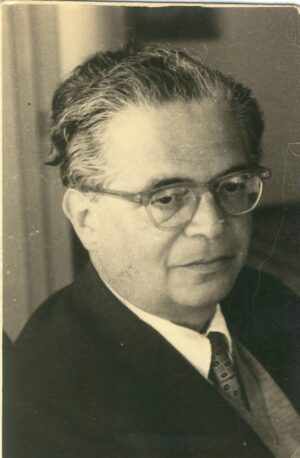
The Unconscious Mind
The unconscious mind was a term first used by German philosopher Friedrich Schelling (1775-1854) in his System of Transcendental idealism. Of course, because there wasn’t a name for what we know as the unconscious does not mean that it didn’t exist. It means we had no reference for it.
Towards the late 19th and 20th century, many researchers of the psyche, often called psychologists and psychoanalysts, assigned the study of the mind to its rightful place; a priority for Human understanding.
“Until you make the unconscious conscious, it will direct your life, and you will call it fate” – Carl Jung
Psychologists such as Sigmund Freud, Carl Jung, Jian Piaget, Abraham Maslow, Erik Erickson, Wilhelm Reich amongst many others began to use the mind to realise the mind; using the tools we are granted through grace to understand the mechanics of itself.
What Is The Unconscious Mind?
There are countless theories. It makes sense that it is challenging to enlighten when the mind has only recently begun to shine a light on itself. Of course, throughout history, we have had great thinkers, poets, storytellers, philosophers, yogis etc. They have left an imprint in history. But as a whole, self-introspection towards the unconscious isn’t at the top of societies values. The world is so full of noise that inner work is rare.
“Freud’s revolution was to make us recognise the unconscious aspect of man’s mind and the energy which he uses to repress the awareness of undesirable desires…He was the first scientist to explore the depth, the underworld in man, and that is why his ideas had such an impact on artists and writers at a time when most psychiatrists still refused to take his theories seriously” – Erich Fromm.
Simply put, the unconscious could be seen as the repression and suppression of emotions and traumatic events that are perceived to be too painful to experience. In a sense, the experiences, or more accurately, the feelings that are associated with the experience, are rejected by the ego and stored in the garden of the unconscious.
Let’s talk a bit about the ego, so we can understand the unconscious.
The Ego
Imagine the ego, and it’s parts as a medium between ‘objective’ reality and the subjective inner worlds.
Freud split the ego into a dynamic trio which is always working alongside and integrating with one another. The three parts of called the Id, Ego and Superego.
i) Id
The aspect of the personality that is entirely unconscious and includes instinctive and primitive behaviours. Functions in the unconscious.
ii) Ego
The component of personality that is responsible for dealing with reality. Freud called this the horse rider and the ID the horse. The rider must control the horse—functions in the conscious and unconscious.
iii) Superego (2 parts)
1) The conscience – information on right and wrong things taught by society and parents. Inappropriate behaviours lead to bad consequences and relative emotional responses.
2) The ego-ideal – The rules and standards for behaviours that the ego aspires to.
According to Freud, the superego is the function that suppresses the unacceptable urges of the id and holds the ego to ideals rather than realistic principles. The superego operates in the conscious and unconscious.

This is a western outlook on the ego and is, of course, only Sigmund Freud’s theory. Jung perhaps took Freud’s work further to expand and make the working of the mind more accessible. I would highly recommend reading the work of Carl Jung.
In the East, the ego isn’t so much a scientific and technical subject as something that must be overcome to attain enlightenment. In the West, it is encouraged to build a healthy ego to operate in the world and amongst our fellow man. From my study, understanding and experience of the East, the ego is something to be overcome and transcended.
I think there is an enormous amount of wisdom to be embodied by both. I tend to find myself moving between both worlds almost daily.
Accessing The Unconscious
To my knowledge, Sigmund Freud was the first psychologist to share ideas of accessing the unconscious mind in the form of dream therapy. Carl Jung took this a step further after his notorious split with Freud.
“We have forgotten the age-old fact that God speaks chiefly through dreams and visions.” – Carl Jung.
Carl Jung believed that dreams were the inner landscape of our unconscious minds. That which the ego-conscious cannot know or cannot grasp. And so when we sleep, and the ego is quietened naturally through physiological means, and the unconscious mind manifests as dreams.
Jungian analysts consider the images in dreams as archetypal in nature. Daemons, heroes, gods’ visiting’ through the unconscious vessel of a dream. We can then bring these archetypes into our awareness and put our psychic energy into them.
Using Active Imagination, a term coined by Jung, we bring these unconscious energies into semi-objective form via dialogue. You write down a full conversation with the energy while giving it form, colour, personality etc.
Over time and with sincere effort, you can build relationships with the energetic patterns and nurture them to bring into the outer worlds. The hidden parts of yourself, that which is suppressed/repressed, can be made conscious using such techniques.
Inner Gold/The Projection Of The Unconscious
Our current relationship with external reality is destructive, it doesn’t take a deep thinker to see that. Maybe this destructive pattern is the outer manifestation of the collective psyche? Eric Neumann, a 20th-century psychologist, thought that our fear of nature is a manifestation of the fear of our psyche – I agree.

On the other side of the coin, Robert A. Johnson, a Jungian psychoanalyst, suggested that people were fearful of their divinity and inner power, over and above their shortfalls as Human Beings. People project their ‘gold’ onto others for them to hold until they have evolved enough to take it back. This is an unconscious process, noticeable through childhood in particular. Take a pre-adolescent who worships a man in his twenties for being the perfect figure of masculinity. That image is being projected by the younger man until he is ready to pick it back up again.
“…the wise man discovers in the utmost depths of his soul that he possesses the same Logos as that which animates and governs the cosmos” – Mircea Eliade.
How many modern people can handle such knowledge? Maybe the ego is doing it’s job perfectly well?
External reality is a reflection of the collective unconscious, not the conscious. What is played out by the masses is not enlightened consciousness, it is filthy and impure consciousness, with no end in sight. Why would they need to clean up? Just get entertained. As Aldous Huxley said, “if most of us remain ignorant of ourselves, it is because self-knowledge is painful and we prefer the pleasure of illusion”.
The Origin Of The Unconscious
“The ego-feeling we are of aware of now is thus only a shrunken vestige of a far more extensive feeling – a feeling which embraced the universe and expressed an inseparable connection of the ego with the external world” – Sigmund Freud (Civilisation and Its Discontents)
For any serious quest, we need to ask whether our mind and non-physical self has operated the same way forever, or whether it has changed over time. Was the mind once a holistic system with an integrated connection to the Kosmos?
One line of thought I think is essential to discuss is the idea of ancestral trauma, and for this, you need an open mind. Immanuel Velikovsky, along with others, thought that cataclysms have caused a sort of amnesia in humanity.
A prominent idea is worldwide flooding between 9-12 thousand years ago, leading to a split in consciousness. What if this split in consciousness is how we perceive our left and right brain? The right brain is much more in tune with creativity and the cosmos, with the left brain there as a linear processing machine. It is food for thought and something that must be considered. Is our unconscious mind being used as a defence mechanism brought on my such cataclysm?
It is an idea that has been spoken about by people such as Velikovsky, Rudolf Steiner, Schwaller de Lubicz and more recently by Michael Tsarion.

“If you give up the past you naturally detach from the past; you lose your roots in the soil, your connection with the totem ancestors that dwell in your soul. You turn outward and drift away, and try to conquer other lands because you are exiled from your own soil” – Carl Jung.
The theory usually gets shot down by academia, but like anything that gets banned or hidden from sight, it gains an air of curiosity. In the future, I think we will see more of this theory come to light. Ancestral trauma, this could also be considered an origin of the evil we see in the world.
“With traumatic memories cast into the wilds of the mind, ego-consciousness is free to face the world and process our experiences. Safe behind its defences it developed other structures to assist in its acts of repression. In this sense, the ego’s foremost fear is unconscious. It is always on guard against the titanic tides of the dark unconscious that may one day overwhelm it.” – Michael Tsarion.
Could Sigmund Freud’s work be the beginning of a healing process for Humanities split consciousness?